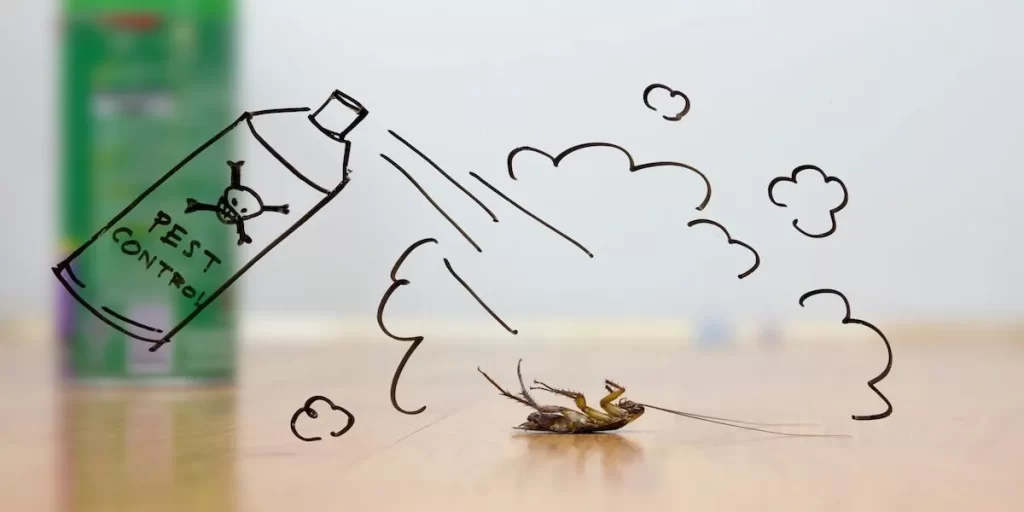Pests can look like a small problem at first, but they can quickly become a major issue for you if you do not take action as soon as possible. It can be anything from spotting ants marching to spiders making webs in the corner of your home; pests can cause damage as well as hygiene issues in your home.
If you are looking for pest control services, then contact professionals like Vancouver Exterminator Services. They are well experienced and well equipped with all the tools required to remove pests from your home with ease and without causing you problems.
Read this article to learn how to manage small pest problems on your own using DIY methods, from prevention to safety. Also, keep in mind that if the issue has already gotten worse, then contacting a professional is important, as your methods can be ineffective or cause more problems for you.
Prevention: The Basis of Pest Control
The primary control of pests is done via prevention. Without doing things to prevent these bugs in your home, infestations can occur really quickly, and that costs time and money. What can be more inconvenient is allowing pests to infest your home when preventing can block them before arriving there.
Seal Entry Points
The most common way pests enter any home is by entering through cracks, holes, and gaps that are present around doors, windows, and walls. Use caulk, mesh screens, or anything of that sort to close these spaces so that pests do not enter your home.
Maintain a Clean Environment
Unclean houses have an abundance of food for pests. These pests get attracted by food crumbs, spills, and clutter. Regularly clean floors, countertops, and storage spaces. Make sure that you close your dustbins and throw away garbage as soon as possible.
Remove Moisture Sources
Pests get attracted to damp and warm environments as it is best for them. Look for leaking taps, blocked drains, and standing water, which can attract pests like mosquitoes and cockroaches. Fix these leaks quickly and use a dehumidifier in such areas to dry them.
Store Food Properly
If you do not store your food properly in an airtight container, then pests can feed on them and grow in number, making the infestation severe. Store food in airtight containers, including pet food. This simple step can significantly reduce the risk of pests like moths, rodents, and ants.
Common Household Pests and Their Solutions
You need to know the type of pest you are dealing with. As different pests require different approaches, knowing what to look out for definitely makes DIY pest control much more effective.
For Ants
Ant infestations are usually a result of a neighboring colony. Clean surfaces remove food trails, and then bait traps can be set to target and eliminate the colony at its source.
For Cockroaches
Cockroaches look for dark and damp areas as these are suitable for them to get food as well as water at the same time. You can commonly find them near your sink. Try gel baits and traps for small infestations, and keep your kitchen dry and clutter-free.
For Spiders
Remove webs and vacuum around windows and corners. Peppermint oil sprays are natural deterrents. Focus on reducing clutter in basements and attics to limit hiding spaces.
For Rodents
Mice and rats try to enter the home during the winter season as they need shelter from the cold environment. Place traps in key locations and seal up the walls or foundation to prevent rats and mice from getting into your house.
Act Now to Protect Your Home Today
Keep your home pest-free with a combination of proactive steps and knowing when to leave the work to the pros. For really bad infestations or chronic problems, consider reaching out to a professional pest control service provider for long-term protection and peace of mind.

